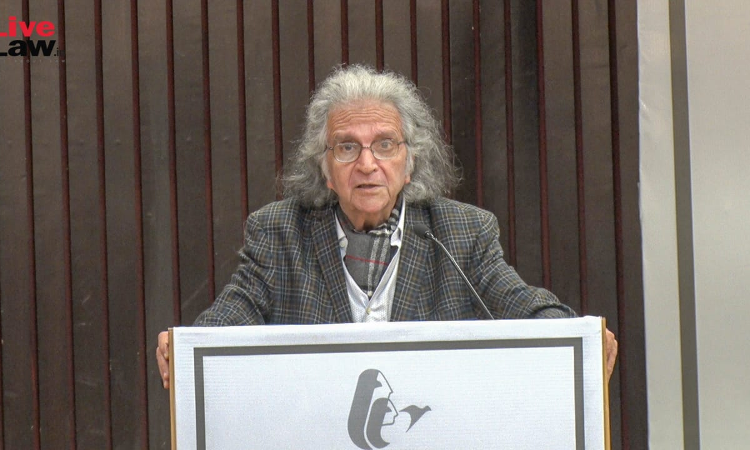Sabarimala Review Order Is Against Constitutional Morality : Prof Upendra Baxi
Radhika Roy
1 Dec 2019 9:03 AM IST

Next Story
1 Dec 2019 9:03 AM IST
The 25th Justice Sunanda Bhandare Memorial Lecture was held on Friday by the Justice Sunanda Bhandare Foundation. The profound lecture was delivered by Prof. (Dr.) Upendra Baxi on "How to Engender the Basic Structure Doctrine?: The Elusive Future of Women's Rights as Human Rights." Prof. Baxi commenced the lecture by commenting on the need to feminize the basic structure doctrine. He...
